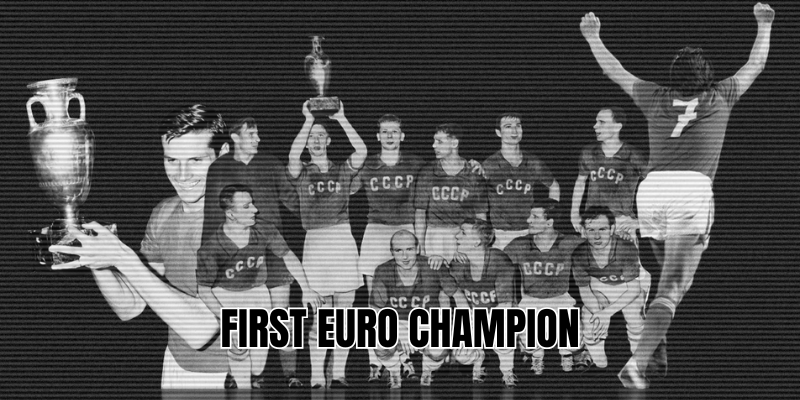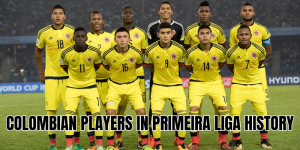One nation etched its name into football lore: the first euro champion was the Soviet Union. In 1960, the USSR claimed glory in the inaugural European Nations’ Cup, defeating Yugosla. But behind that victory lies a deeper story — of visionaries, Cold War politics, and a tournament that would change European football forever. Join QuraGoal as we dive into how that historic title unfolded, who starred in the squad, and how the legacy of being the first euro champion still resonates today.
The Origins of the European Championship
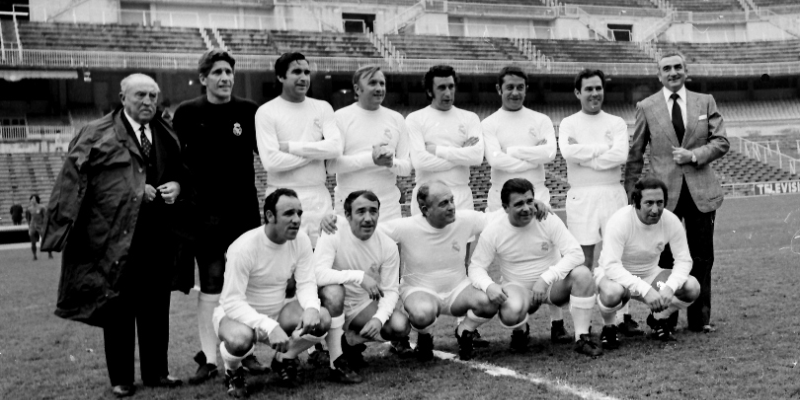
The idea of a continental championship had long been floated among UEFA and national associations. While the World Cup captured global attention, Europe lacked a unified tournament for its national teams. French football administrator Henri Delaunay championed the idea in the 1920s, and after numerous setbacks and delays, UEFA formally adopted the plan in the 1950s.
The inaugural edition — called the European Nations’ Cup at the time — was organized in 1958–60. Qualifying rounds commenced in 1958, with 17 nations entering and a final tournament of just four teams held in France in July 1960. Despite modest scale, the competition would become a prestigious quadrennial staple. Over time, “European Nations’ Cup” would evolve in name and format to become today’s UEFA European Championship (Euro).
Road to the Final: USSR vs Yugoslavia
Qualifying and Knockout Rounds
The Soviet Union navigated a multi-stage qualifying path:
- Round of 16: USSR defeated Hungary over two legs (3–1 and 1–0).
- Quarterfinal: Spain withdrew for political reasons, giving USSR a walkover.
- Semifinal: USSR defeated Czechoslovakia 3–0 at a neutral venue.
Yugoslavia’s route:
- Round of 16: Yugosla.
- Quarterfinal: They crushed Portugal in an astonishing 5–4 home win, overturning deficits.
- Semifinal: They defeated France to reach the final.
The 1960 Final: A Battle in Paris
On 10 July 1960, at Parc des Princes in Paris, a crowd of just under 18,000 witnessed history. Yugoslavia struck first through Milan Galić just before halftime. The Soviet Union equalized in the second half through Slava Metreveli, sending the match into extra time.
In the 113th minute, Viktor Ponedelnik headed in the winner, sealing a 2–1 victory and crowning the USSR the first euro champion. The heroics of goalkeeper Lev Yashin were crucial — he made key saves under mounting pressure during the match.
That iconic extra-time goal would forever be immortalized in Soviet sporting memory. The USSR players returned home to huge celebrations, and each received modest prize money, symbolizing both pride and humble beginnings.
Key Figures of the Soviet Team
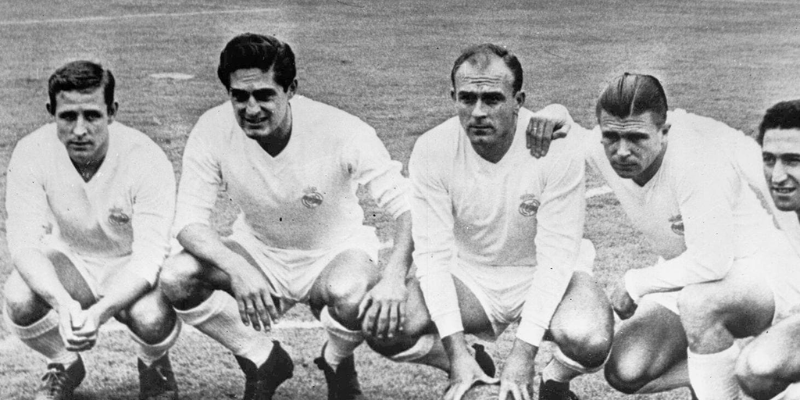
| Player | Role / Note |
| Lev Yashin | Legendary goalkeeper, nicknamed “Black Spider”; critical to final’s outcome |
| Viktor Ponedelnik | Scored the winning goal in the 113th minute |
| Slava Metreveli | Equalizer provider, instrumental in midfield |
| Valentin Ivanov | Among top scorers in the final tournament |
These men formed a disciplined, technically sound side that blended physicality with tactical acumen. It was a team that embodied the Soviet football ethos of unity and resilience — fitting, given the political backdrop of 1960 Europe.
Significance of Being the First Euro Champion
Political and Cultural Impact
In the context of the Cold War, sport was often a battleground of ideology. The Soviet leadership leveraged the victory as proof of socialist superiority, touting it as a victory not just for football but for national pride and global prestige.
Legacy in European Football
- The Soviet Union remains the only nation to win the first European Championship.
- Over time, football fortunes would shift — while Spain and Germany have become the most successful in Euro history, the USSR’s pioneering win holds enduring symbolic value.
- Many successor states (Russia, Ukraine, etc.) see that achievement as part of their heritage.
Euro Winners Over Time:. The list of winners reads like a who’s who of European football:
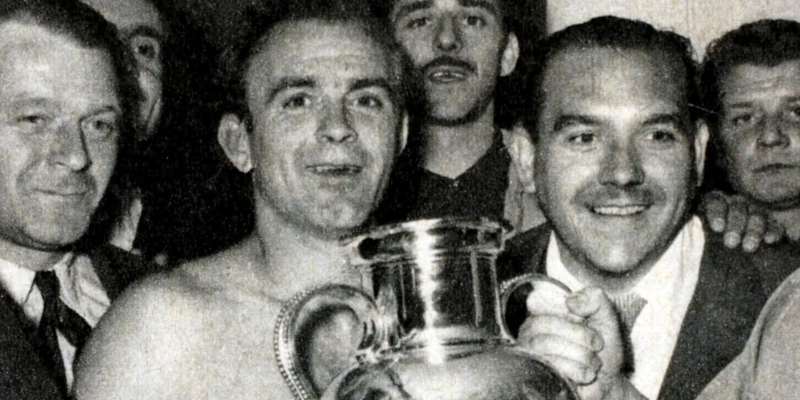
- 1964: Spain
- 1968: Italy
- 1972, 1980, 1996: Germany / West Germany
- 1984: France
- 1988: Netherlands
- 1992: Denmark
- 2000: France
- 2004: Greece
- 2008, 2012, 2024: Spain
- 2016: Portugal
- 2020: Italy
While the Soviet Union won only that inaugural title, its impact looms large — it laid the foundation for a tournament now watched by billions worldwide.
Why the First Euro Champion Still Matters
- Historical landmark: The USSR’s victory marks the starting point of Euros lore, a benchmark for all champions that followed.
- Inspiration to successor nations: Many teams.
- Cultural memory: The match, the heroics, and the breathtaking finish are often revisited in football documentaries, anniversaries, and retrospectives.
When modern football fans talk about “first euro champion,” they refer not just to a name in a record book — they evoke a moment of raw drama, ambition, and continental destiny.
Final Thoughts
Being the first euro champion is more than a trivia fact — it’s a story of bold initiative, Cold War strategy, and sporting excellence wrapped into a moment of history. The Soviet Union’s triumph in 1960 set the tone for decades of European football passion.
Whether you’re a fan tracing the lineage of champions or someone discovering Euro history for the first time, know that QuraGoal brings you the full story —, and match analyses next — and never miss the next chapter in continental football greatness.
